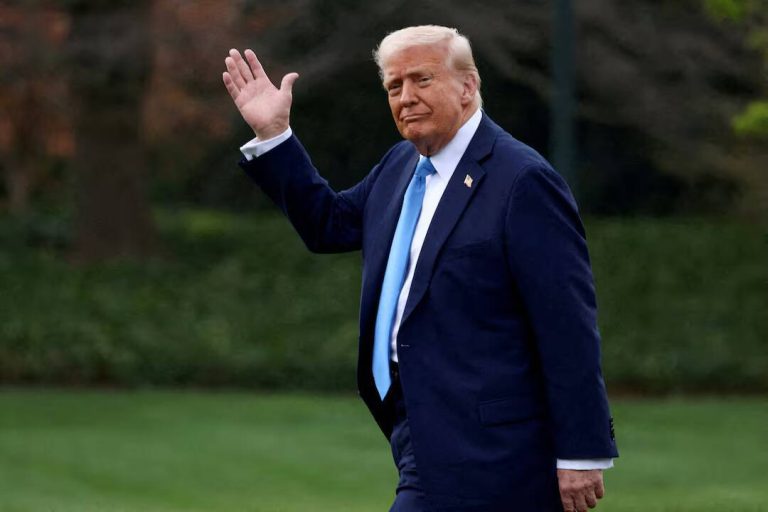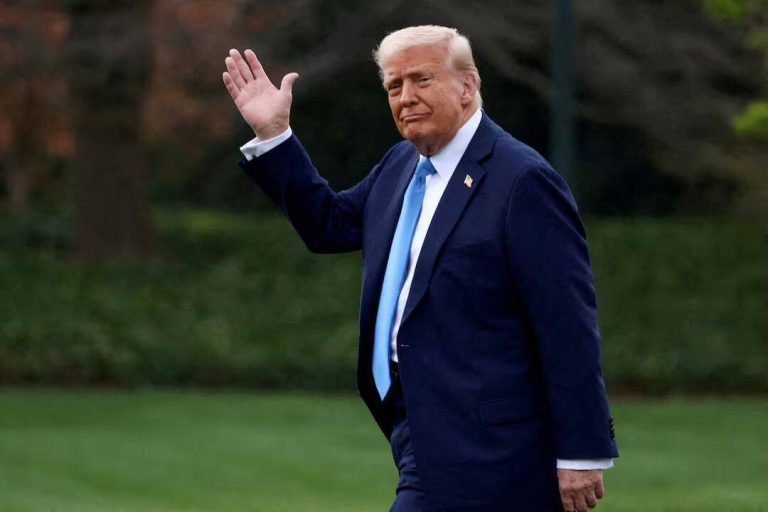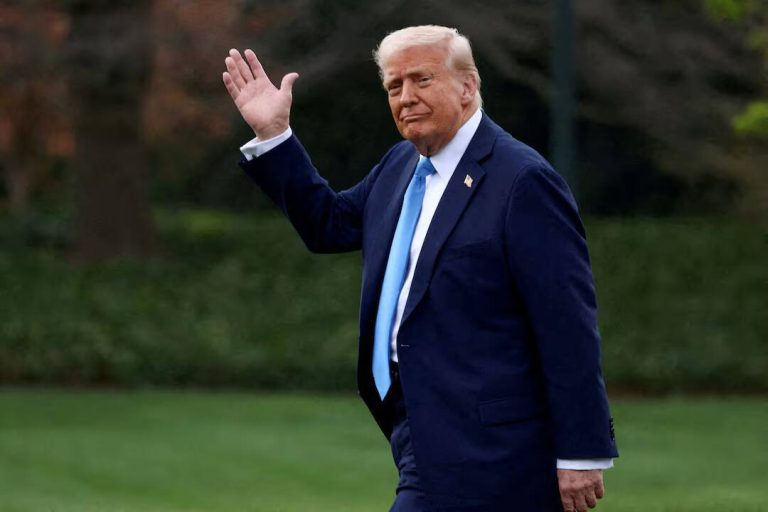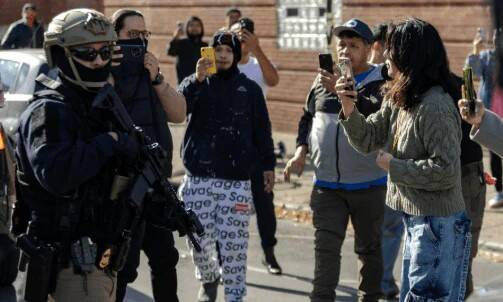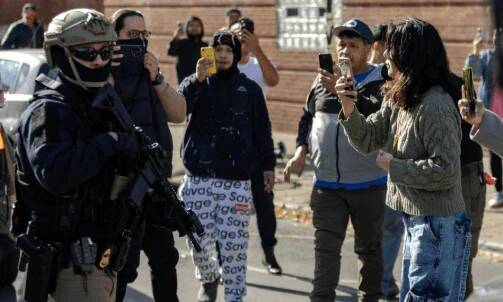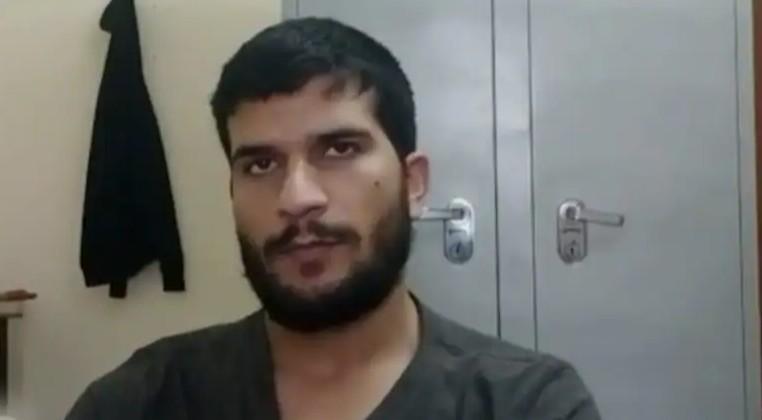
Delhi Bomber Umar Held Online Sessions on Suicide Bombing: Reports
In a shocking revelation, it has come to light that Umar Mohammad, the mastermind behind the Delhi bombing, had been creating and disseminating radical content online to influence and recruit potential terrorists. According to reports, Umar had created at least 12 videos that glorified suicide bombings and had been sharing them through encrypted apps to spread his extremist ideology. Furthermore, it is alleged that Umar held online sessions on suicide bombing, where he would respond to queries from participants and provide them with instructions on how to carry out such attacks.
The investigation into the Delhi bombing has revealed a complex web of online activities, where Umar and his co-conspirators would use encrypted apps to communicate and share extremist content. One such co-conspirator, Jasir Bilal, is believed to have been brainwashed by Umar’s online sessions and radical videos, which ultimately led him to participate in the bombing. The use of encrypted apps has made it challenging for law enforcement agencies to track and monitor the online activities of these terrorists, allowing them to spread their ideology and recruit new members with relative ease.
Umar’s radical videos, which have been recovered by the authorities, are believed to be part of a larger online campaign to glorify suicide bombings and inspire others to follow in his footsteps. In one such video, Umar is seen responding to a query from a participant, providing them with instructions on how to carry out a suicide bombing. The video is a chilling example of the kind of extremist content that Umar was creating and sharing online, and highlights the dangers of online radicalization.
The investigation has also revealed that Umar was in touch with a foreign handler, who had shared 42 bomb-making videos with him through encrypted apps. These videos provided detailed instructions on how to create explosives and carry out bombings, and were likely used by Umar to plan and execute the Delhi bombing. The fact that Umar was able to access such sensitive information online highlights the need for greater regulation and monitoring of online content, particularly on encrypted apps.
The use of online platforms to spread extremist ideology is a growing concern, and the Delhi bombing is just one example of how terrorists are using the internet to recruit and radicalize new members. The ease with which Umar was able to create and disseminate radical content online, and the fact that he was able to use encrypted apps to communicate with his co-conspirators, highlights the challenges faced by law enforcement agencies in tracking and monitoring online activities.
In recent years, there has been a significant increase in the use of online platforms by terrorist organizations to spread their ideology and recruit new members. Social media platforms, encrypted apps, and online forums have all been used by terrorists to disseminate extremist content and communicate with each other. The fact that Umar was able to use these platforms to create and share radical content, and to hold online sessions on suicide bombing, highlights the need for greater awareness and education about the dangers of online radicalization.
The Delhi bombing is a stark reminder of the dangers of terrorism and the need for greater vigilance and cooperation between law enforcement agencies to prevent such attacks. The fact that Umar was able to use online platforms to spread his extremist ideology and recruit new members highlights the need for greater regulation and monitoring of online content, particularly on encrypted apps. It is only by working together and sharing information that we can hope to prevent such attacks in the future and keep our communities safe.
In conclusion, the revelation that Umar Mohammad held online sessions on suicide bombing and created radical videos to influence recruits is a chilling reminder of the dangers of online radicalization. The fact that he was able to use encrypted apps to communicate with his co-conspirators and disseminate extremist content highlights the need for greater regulation and monitoring of online content. As we move forward, it is essential that we prioritize the safety and security of our communities and work together to prevent such attacks from happening in the future.
